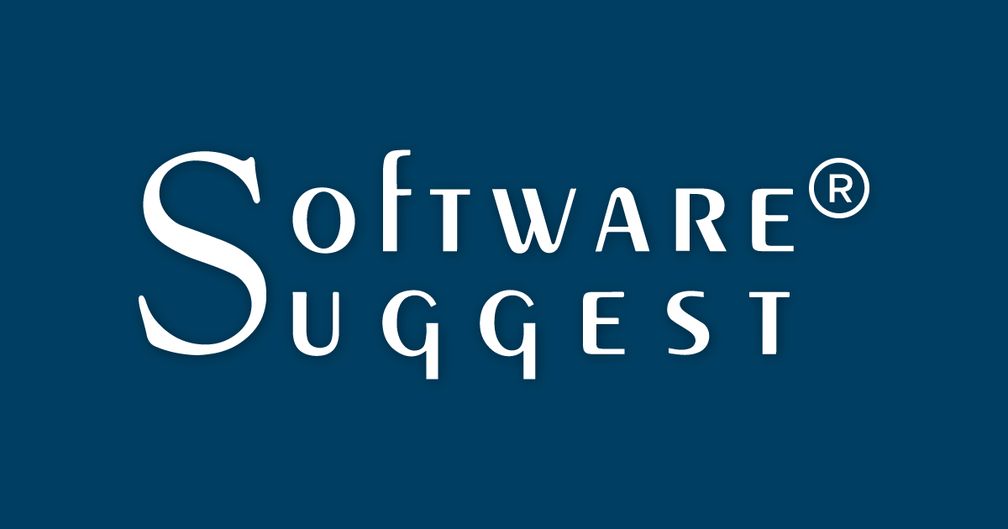
Introduction
In today’s digital age, data security and privacy concerns have become paramount for businesses and individuals alike. With the increasing frequency of cyberattacks and data breaches, protecting sensitive information is more critical than ever. This blog explores the pressing issues of data security and privacy and presents robust cybersecurity measures as essential solutions.
The Problem: Data Security and Privacy Concerns
Data security and privacy concerns can have far-reaching implications for businesses and individuals, including financial losses, reputational damage, and legal repercussions. Key issues include:
1. Cyberattacks: Cybercriminals use sophisticated techniques to infiltrate systems, steal data, and disrupt operations. Common attacks include phishing, ransomware, and Distributed Denial of Service (DDoS) attacks.
2. Data Breaches: Unauthorized access to sensitive data can lead to significant financial losses and compromise personal information. High-profile data breaches have affected major corporations and millions of individuals worldwide.
3. Privacy Violations: With the increasing collection and use of personal data, ensuring privacy has become a critical concern. Mishandling or unauthorized sharing of personal information can lead to privacy violations.
4. Regulatory Compliance: Laws and regulations such as the General Data Protection Regulation (GDPR) and the California Consumer Privacy Act (CCPA) require businesses to protect personal data. Non-compliance can result in hefty fines and legal penalties.
5. Insider Threats: Employees or contractors with access to sensitive data can pose significant security risks. Insider threats can be intentional or accidental but can result in severe data breaches and privacy violations.
6. Technological Vulnerabilities: Outdated software, weak passwords, and unpatched systems can create vulnerabilities that cybercriminals exploit to gain access to sensitive data.
The Solution: Implementing Robust Cybersecurity Measures

To address data security and privacy concerns, businesses must implement robust cybersecurity measures. These measures protect against cyber threats, ensure data integrity, and comply with regulatory requirements. Here’s how:
1. Advanced Threat Protection
– Firewalls and Intrusion Detection Systems (IDS): Firewalls control incoming and outgoing network traffic, while IDS monitor networks for suspicious activity. Together, they provide a strong defense against cyberattacks.
– Antivirus and Anti-malware Software: Regularly updated antivirus and anti-malware software can detect and remove malicious software, preventing data breaches.
2. Data Encryption
– Encryption: Encrypting data in transit and at rest ensures that even if data is intercepted or accessed without authorization, it remains unreadable and secure.
– Secure Socket Layer (SSL) Certificates: SSL certificates encrypt data transmitted between websites and users, protecting sensitive information during online transactions.
3. Access Control and Authentication
– Multi-Factor Authentication (MFA): MFA requires users to provide multiple forms of identification before accessing systems, adding an extra layer of security.
– Role-Based Access Control (RBAC): RBAC restricts access to data based on the user’s role within the organization, ensuring that only authorized personnel can access sensitive information.
4. Regular Security Audits and Vulnerability Assessments
– Security Audits: Conduct regular security audits to identify vulnerabilities and ensure compliance with security policies and regulations.
– Penetration Testing: Simulate cyberattacks to identify and address security weaknesses before malicious actors can exploit them.
5. Employee Training and Awareness
– Cybersecurity Training: Educate employees on best practices for data security, including recognizing phishing attempts and using strong passwords.
– Awareness Programs: Regularly update staff on the latest cybersecurity threats and trends to keep them informed and vigilant.
6. Incident Response Plan
– Preparation: Develop and implement a comprehensive incident response plan to address potential data breaches and cyberattacks.
– Response Team: Establish a dedicated team responsible for managing and mitigating security incidents, ensuring a swift and effective response.
7. Compliance with Regulations
– Regulatory Compliance: Ensure compliance with relevant data protection regulations such as GDPR, CCPA, and other industry-specific standards.
– Data Protection Officers (DPO): Appoint DPOs to oversee data protection strategies and ensure compliance with legal requirements.
Implementing Cybersecurity Measures
Successfully implementing robust cybersecurity measures requires a strategic approach:
1. Assessment and Planning: Conduct a thorough assessment of your current cybersecurity posture to identify vulnerabilities and areas for improvement. Develop a detailed cybersecurity strategy that includes objectives, timelines, and required resources.
2. Selecting the Right Tools: Choose cybersecurity tools and technologies that align with your business needs and technical requirements. Consider factors such as compatibility, scalability, and cost.
3. Training and Development: Provide comprehensive training to your IT staff and other relevant personnel on the new cybersecurity measures. Continuous education ensures effective adoption and utilization.
4. Regular Monitoring and Updates: Continuously monitor your systems for potential threats and regularly update your cybersecurity tools to protect against new and evolving threats.
5. Collaboration and Communication: Foster a culture of collaboration and communication within your organization to ensure everyone understands the importance of data security and privacy.

Conclusion
Data security and privacy concerns are critical challenges that require proactive and robust solutions. Implementing advanced cybersecurity measures can protect sensitive information, ensure regulatory compliance, and safeguard your organization’s reputation. By investing in strong cybersecurity practices, businesses can mitigate risks, enhance operational efficiency, and build trust with their customers and partners.
Call to Action
Are you ready to strengthen your data security and protect your business from cyber threats? Contact us today to learn more about our comprehensive cybersecurity solutions. Let us help you safeguard your data and ensure your privacy with cutting-edge security measures.

























